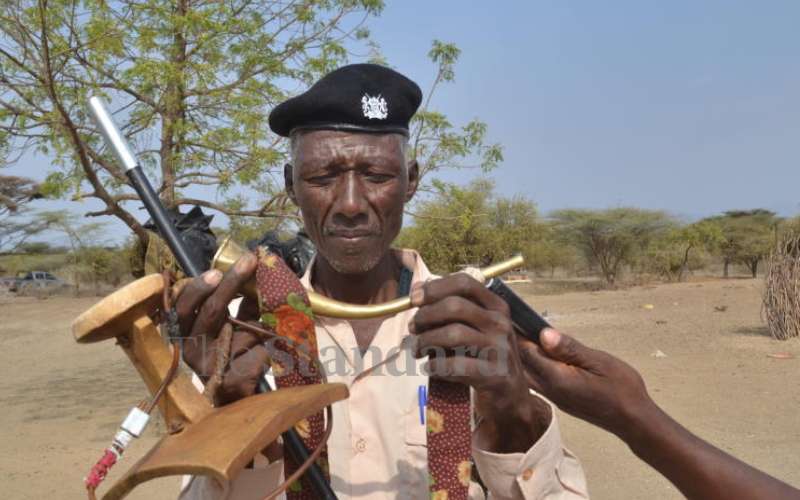×
The Standard e-Paper
Fearless, Trusted News

Mark Nawoto's daily routine demands that he lives to the adage, necessity is the mother of invention. [Mike Ekutan, Standard]
Mark Nawoto, 49, is a tall man. Standing at six feet, he embodies the mien of a soldier and the calmness of a spy.